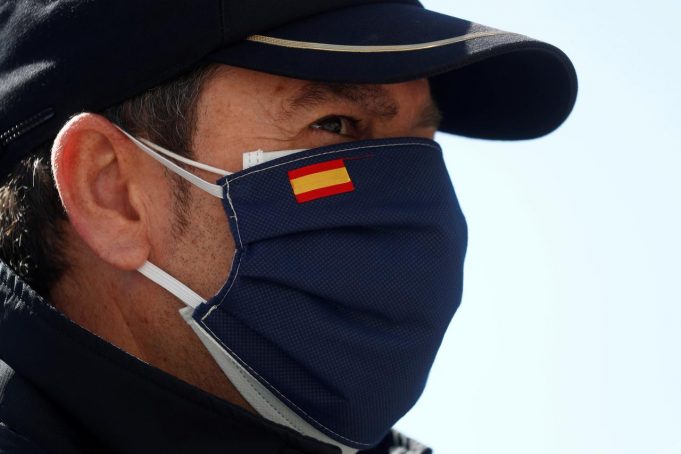In the study, the use of surgical masks by sufferers significantly reduced the number of flu viruses detectable in droplets released through breathing and coughing.
It also reduced the number of seasonal coronaviruses – among the causes of common colds – detectable in the air as suspended microdroplets, or aerosols. The study did not look at the new coronavirus, SARS-CoV-2.
“Further research is needed to determine whether masks can specifically prevent the transmission of SARS-CoV-2,” the scientists said.
Reports show as of August 21, 2020 COVID-19 has infected 22,863,816 people and killed 797,133 people worldwide.
Benjamin Cowling, the professor who led the study at the World Health Organization (WHO) Collaborating Centre for infectious disease epidemiology in Hong Kong, said its findings could be extrapolated to simpler cotton masks.
“My expert view is that cloth or cotton masks would have an effect, but maybe slightly less of an effect than a surgical mask properly worn,” he said in a telephone interview. “And in terms of COVID-19, we’re looking at every possible measure that could help.”
Until now, there has been little robust scientific evidence on the effectiveness of face masks in slowing transmission of respiratory diseases.
There is some evidence, however, to suggest that the rapid spread of the SARS-CoV-2 coronavirus is due at least in part to the fact that it can be transmitted by people showing no symptoms.
Rupert Beale, a specialist in infection biology at London’s Francis Crick Institute who was not directly involved in Cowling’s work, said the study offered “strong and compelling evidence” for mask-wearing as a means of reducing transmission of some viruses, but that they were not a magic bullet.
“Mask wearing does not completely prevent transmission and cannot be relied on as a sole measure,” he said, “but, combined with other social distancing measures, should form part of the ‘exit strategy’ from lockdown”.
















